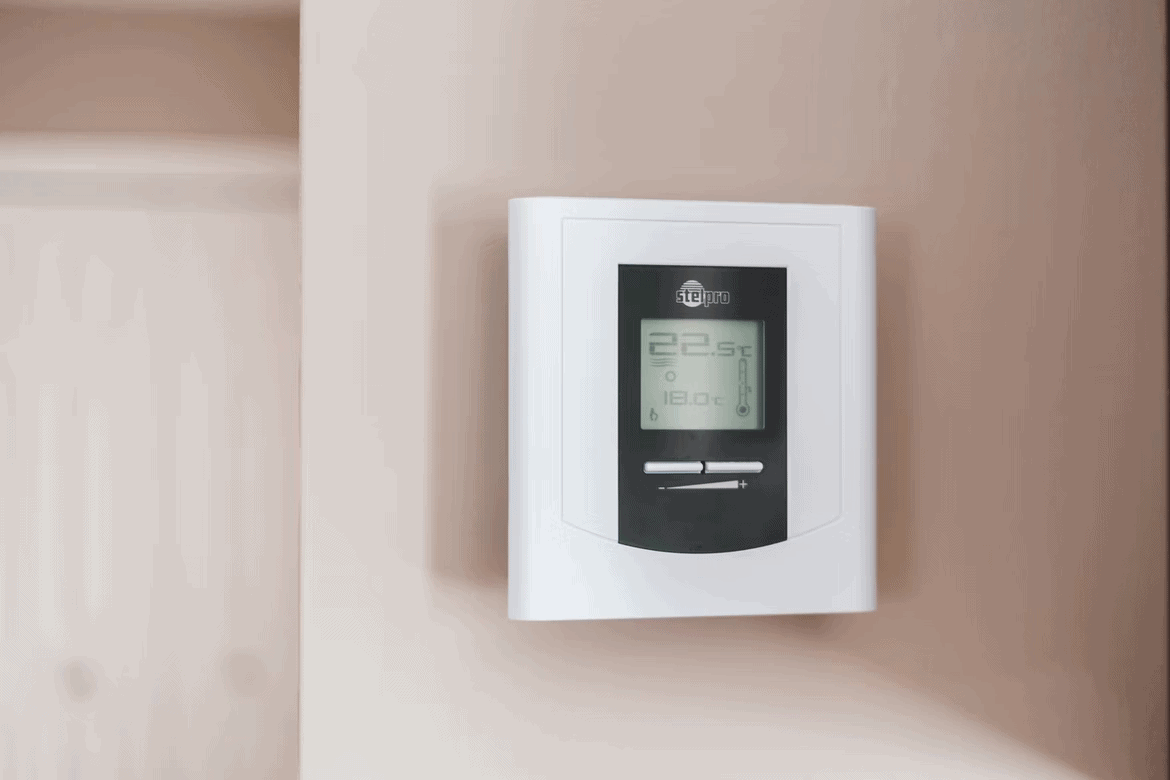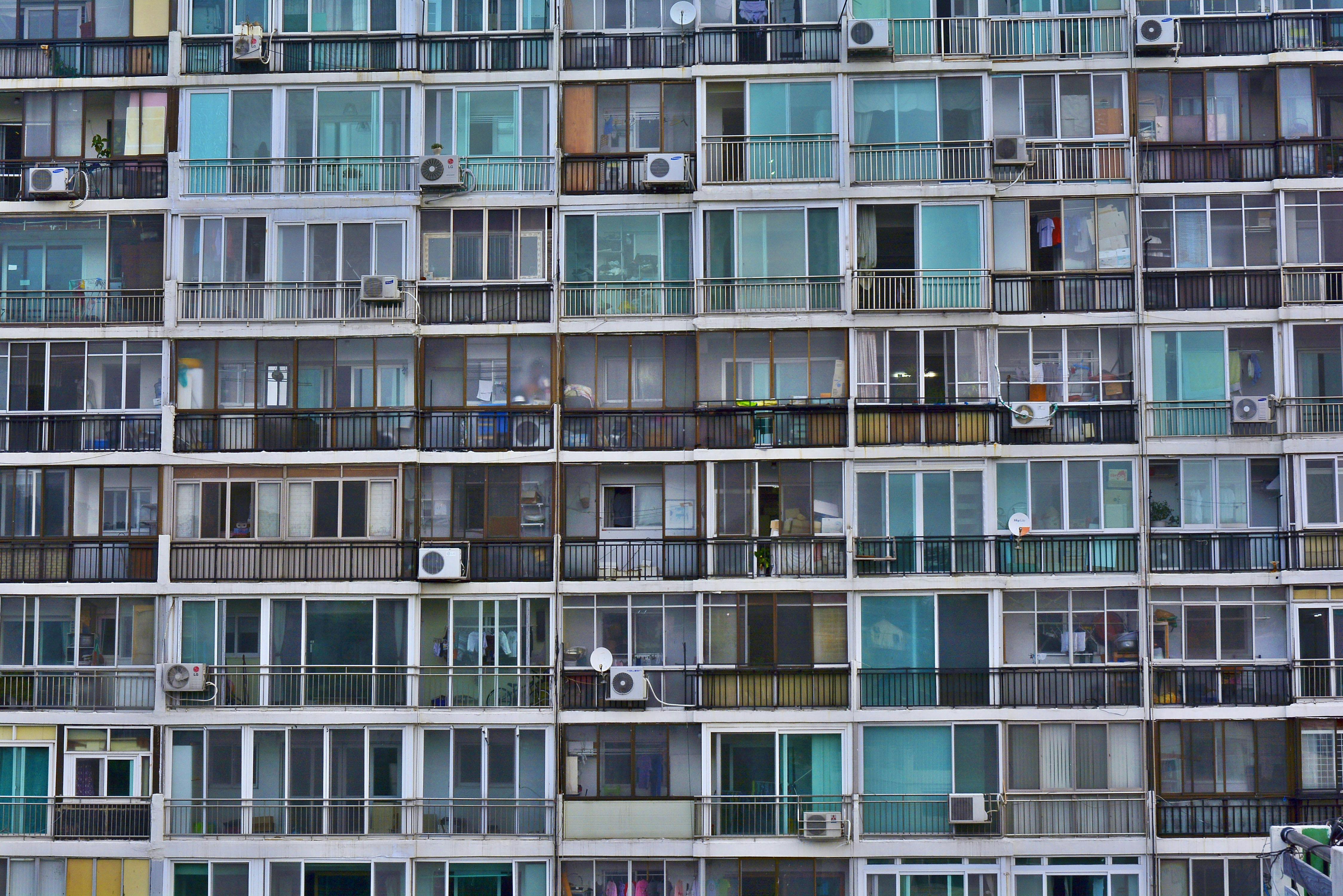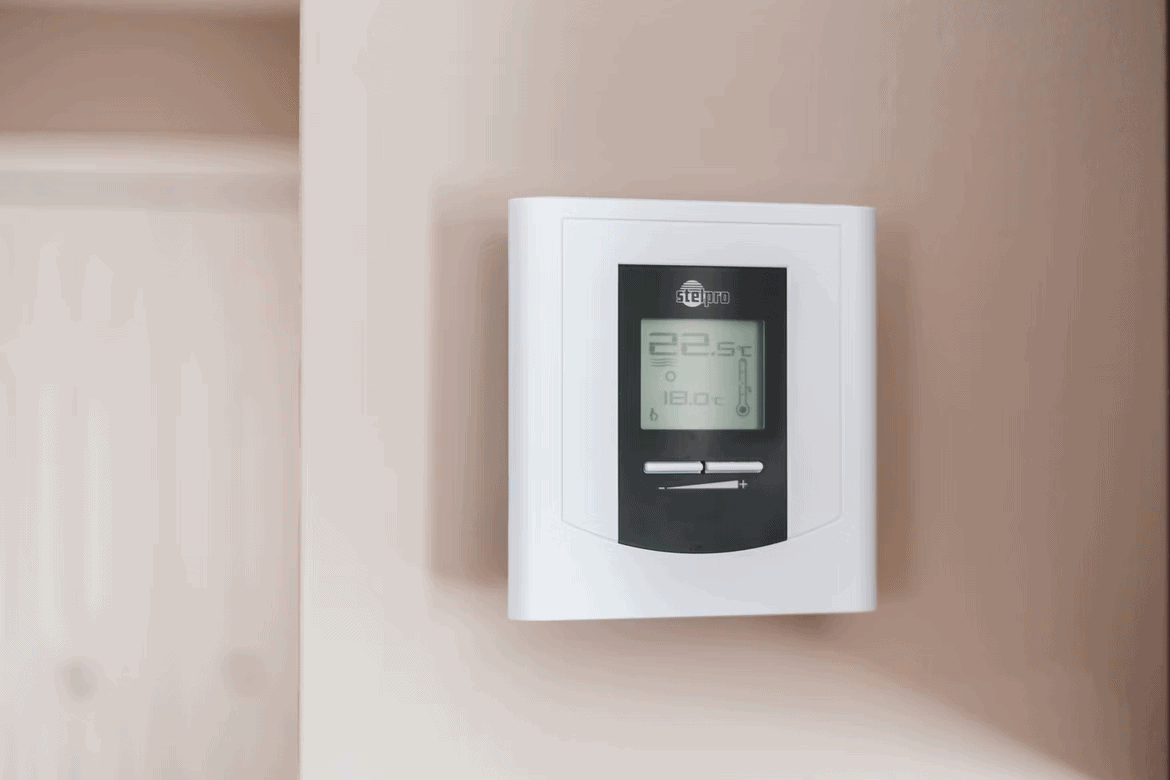The Best Energy Efficient Air Purifiers
So you’ve decided that you want to prioritize your health by cleaning that dirty air in your home or office - but you don’t want to rack up your...
Floor, wall and ceiling mounted to meet your unique project design.
With the change of seasons approaching, many property managers need a refresher on local heating and cooling regulations. Property managers need to know how occupant comfort rules apply to their commercial buildings. So, what is Toronto’s air conditioning bylaw, and how does it apply to you?
Knowing local heating and cooling guidelines is part of every property manager’s job. This information can help you stay in compliance with local bylaws. It also helps ensure the comfort of your building’s tenants.
|
Make Sure You Stay on the Right Side of Toronto’s Air Conditioning Bylaw Find out how we help property managers stay compliant. |
The City of Toronto has certain regulations for property standards. The heating and cooling bylaw outlines the responsibilities of landlords and tenants for commercial occupancies.
The air conditioning portion of the bylaw states that landlords must always keep AC systems in good working condition. These systems must operate from June 2nd to September 14th of each year to keep indoor maximum temperatures below 21oC.
Also, air conditioners shouldn’t leave drainage in common areas. All water-cooled equipment must have a drain trap (or another similar device) to prevent uncontrolled condensate drainage. These devices must be installed in a way that does not damage any part of the building, including the foundation and walls.
Every system (central air conditioning or individual units) must be properly maintained during its time of operation.

Like the cooling guidance, the heating guidance in the city bylaws states that landlords must always keep heating systems in good working condition. All dwelling spaces must have heating systems that can maintain indoor minimum temperatures of 21 degrees celsius.
So, when do landlords have to turn on the heat in Ontario? The minimum indoor temperature requirement must be met from September 15th to June 1st of each year.
Tenant comfort and safety are the primary concerns of property managers. Understanding city bylaws is necessary because it’s the first step in providing adequate occupant comfort. In places like Toronto, which can experience heat waves in the summer months, living without an air conditioner isn’t a safe option.
Understanding the bylaw clarifies the responsibilities of all parties. Safe and secure AC installation is a task that typically falls on landlords. Tenants are responsible for providing access to the unit for AC maintenance.
The details of this are usually specified by the lease or tenancy agreement. The landlord’s job is to ensure that tenants comply with the terms of this agreement.
Additionally, landlords must ensure that window air conditioning units are installed safely and securely. In Toronto, a qualified tradesperson certified by the Ontario College of Trades (OCAT) must perform this work.
In certain cases, a landlord can have a tenant remove their window AC unit. If they do so, they must follow a process through the Landlord and Tenant Board (LTB). The LTB states that the landlord must apply for removal and give the tenant proper notice. The LTB reviews these applications and determines the validity of the claim.

The city enforces the bylaw in two ways. The city can request proof of installation or maintenance on any AC unit or system. Additionally, the city can inspect any air conditioning system. If the city determines that an AC unit is unsafe, then they will contact the landlord and request documentation that a qualified tradesperson serviced the system.
According to the Human Rights Code, landlords must accommodate tenants with disabilities. These occupants may have doctors’ notes that explain why they need access to air conditioning. If a property manager fails to comply, then they may face legal consequences.
One way landlords run into trouble is by not addressing heating or cooling issues promptly. If a work order is not addressed within a reasonable amount of time, tenants can contact 311 to file a complaint. When this happens, Municipal Licensing and Standards may open an investigation.
Misunderstanding the bylaw is another common issue. Toronto bylaws do not prohibit window AC units in apartment buildings. Unless the unit is installed incorrectly or is causing damage, the tenant has a right to it. If the AC unit belongs to the landlord, then it is a service included in the lease agreement. In such cases, the landlord can’t remove the AC unit without replacing it.
Some landlords fall out of compliance when they charge an AC fee during the summer months. If property managers pay for electricity, they may charge a fee in the summer. This fee must be a monthly charge and not a one-time fee. For example, landlords can charge $30 per month, but they can’t charge $250 for the entire summer.
| Here’s How You Can Improve Occupant Safety and Comfort: |
Staying in compliance with the heating and cooling bylaw is not difficult. First off, ensure your commercial HVAC systems receive routine maintenance from certified professionals. Also, follow up with work orders on time. Finally, take a look at your electricity expenses in the summer months. If you’re seeing an abnormal increase in energy costs, it might be time to explore options for system upgrades.
AirFixture’s commercial HVAC systems provide maximum comfort for your building’s occupants. They also reduce energy costs through increased efficiency. AirFixture specialists know that each building comes with its own unique set of challenges. Optimizing air flows in hard-to-reach areas is their specialty.
With hundreds of commercial installations in over 25 countries, AirFixture knows how to get the job done. For reduced energy costs and increased efficiency, talk to one of our experts today.

So you’ve decided that you want to prioritize your health by cleaning that dirty air in your home or office - but you don’t want to rack up your...

Air conditioning inspections increase efficiency, reduce carbon emissions, and help ensure healthy indoor air quality. Regular inspections are a ...
According to the Environmental Protection Agency (EPA), you spend 90% of your time indoors - and indoor air quality is on average two to five times ...
